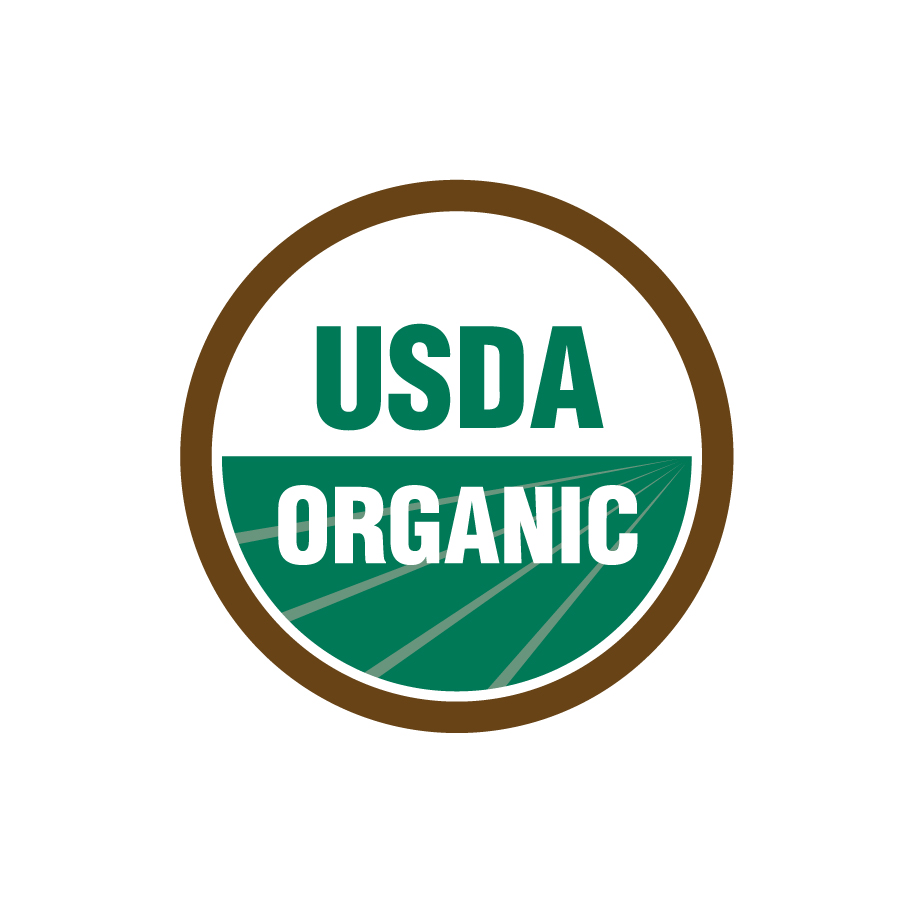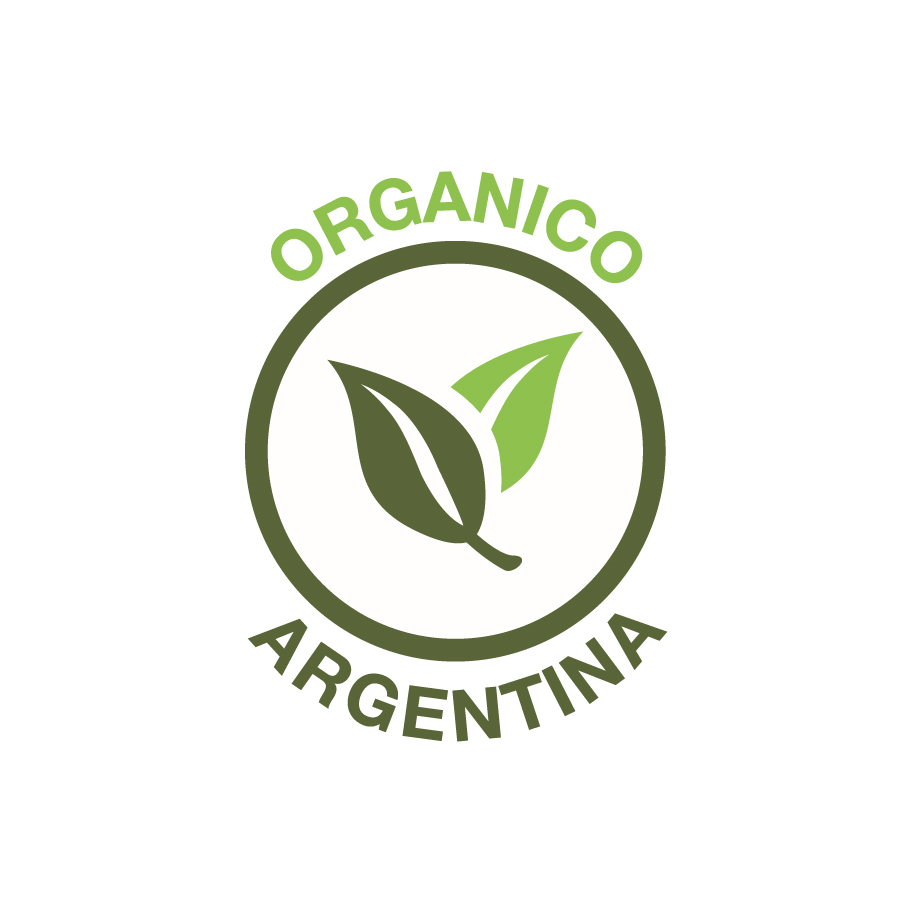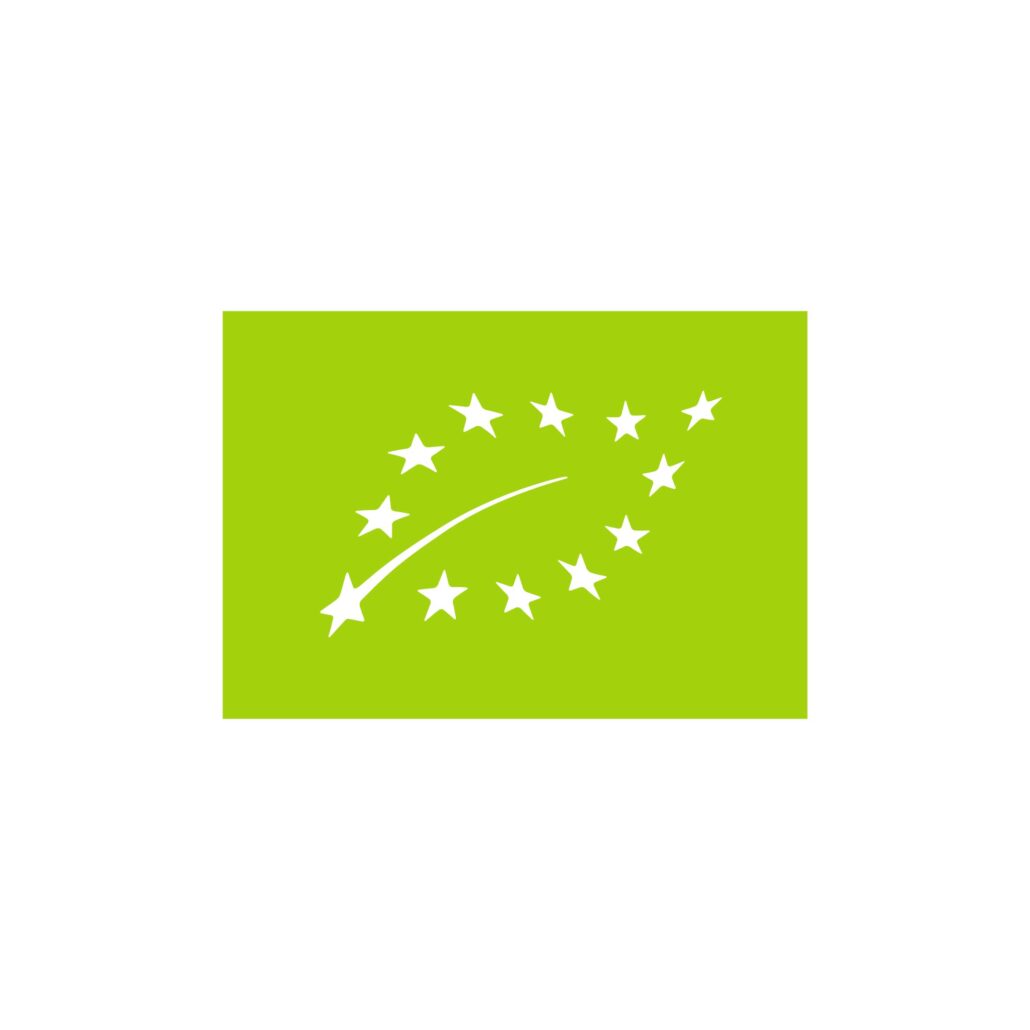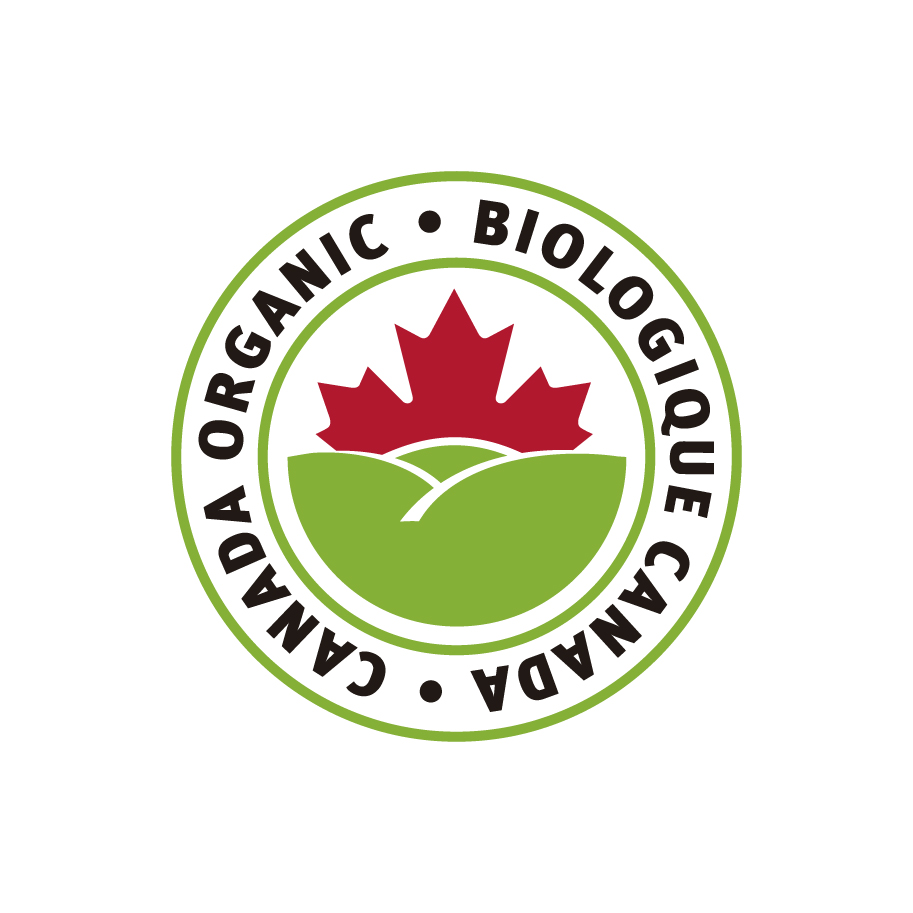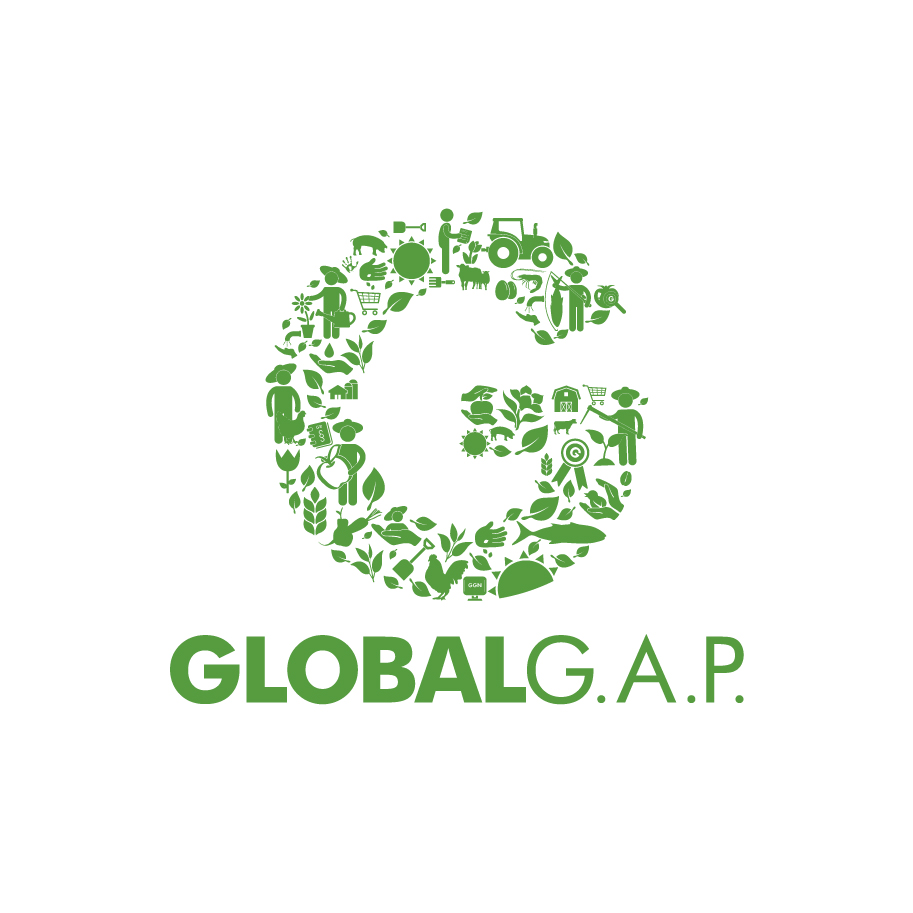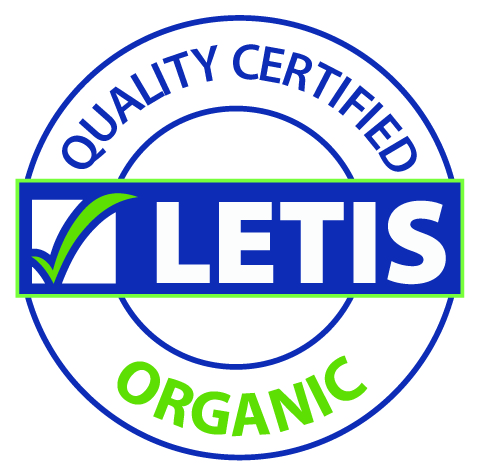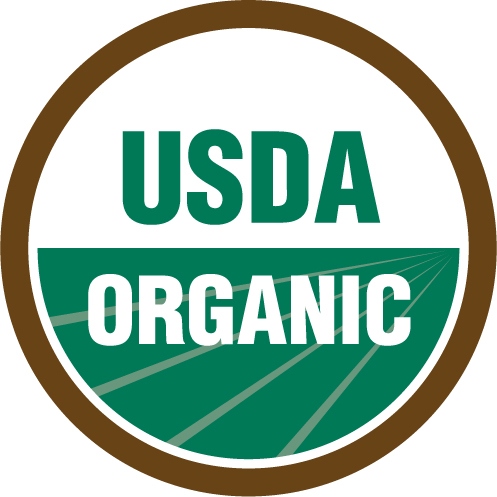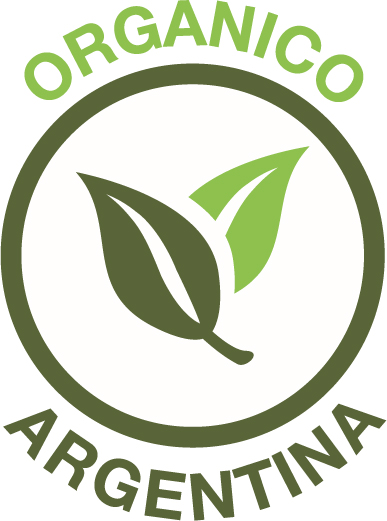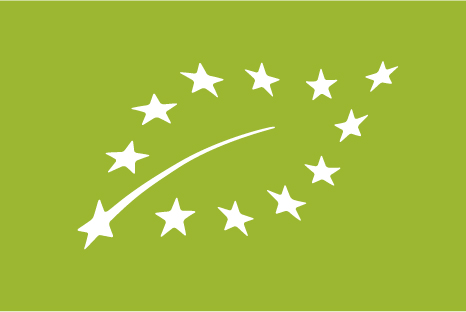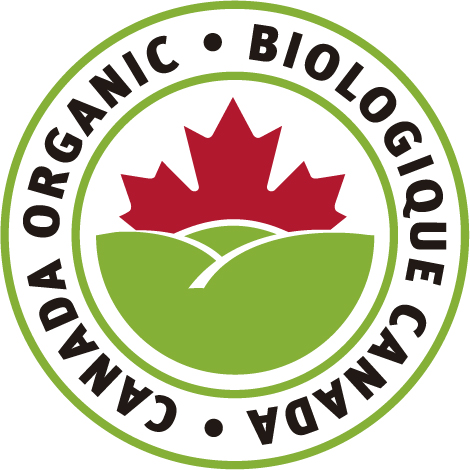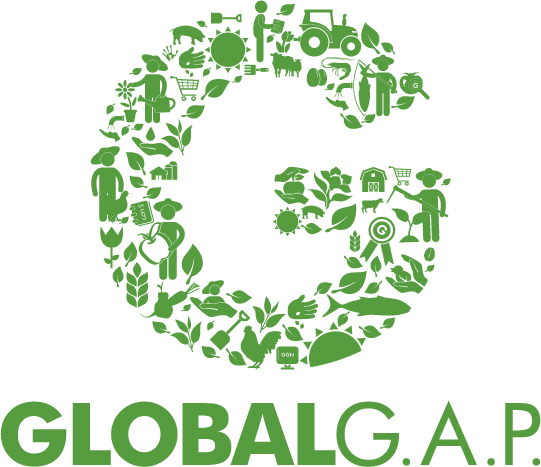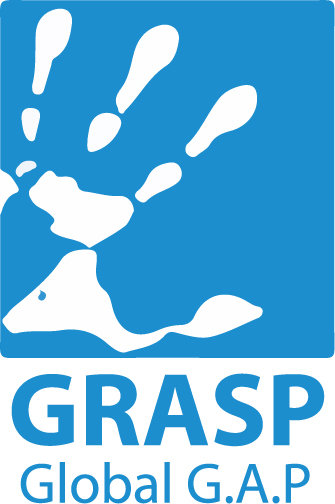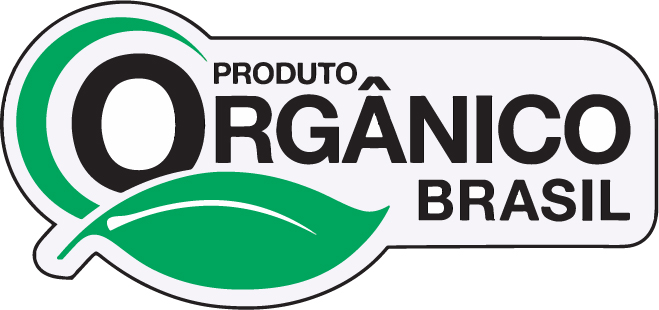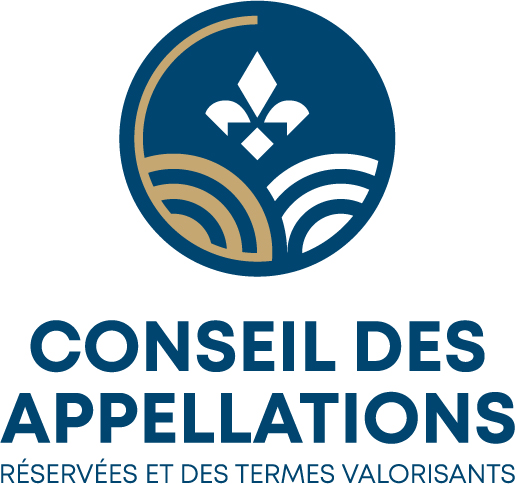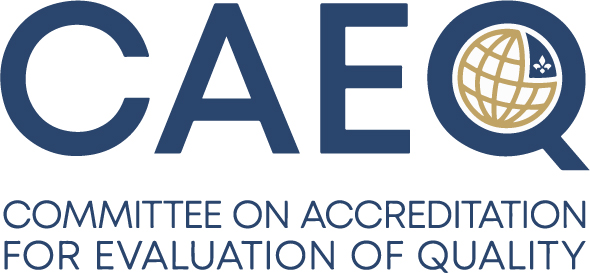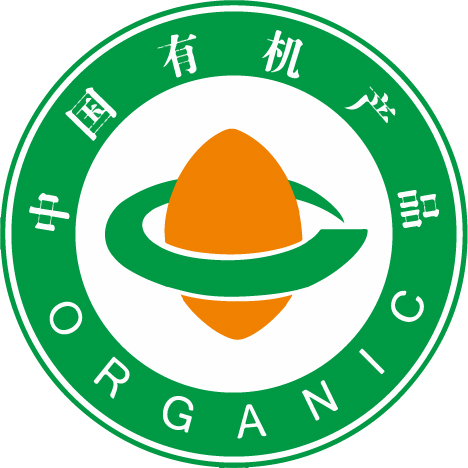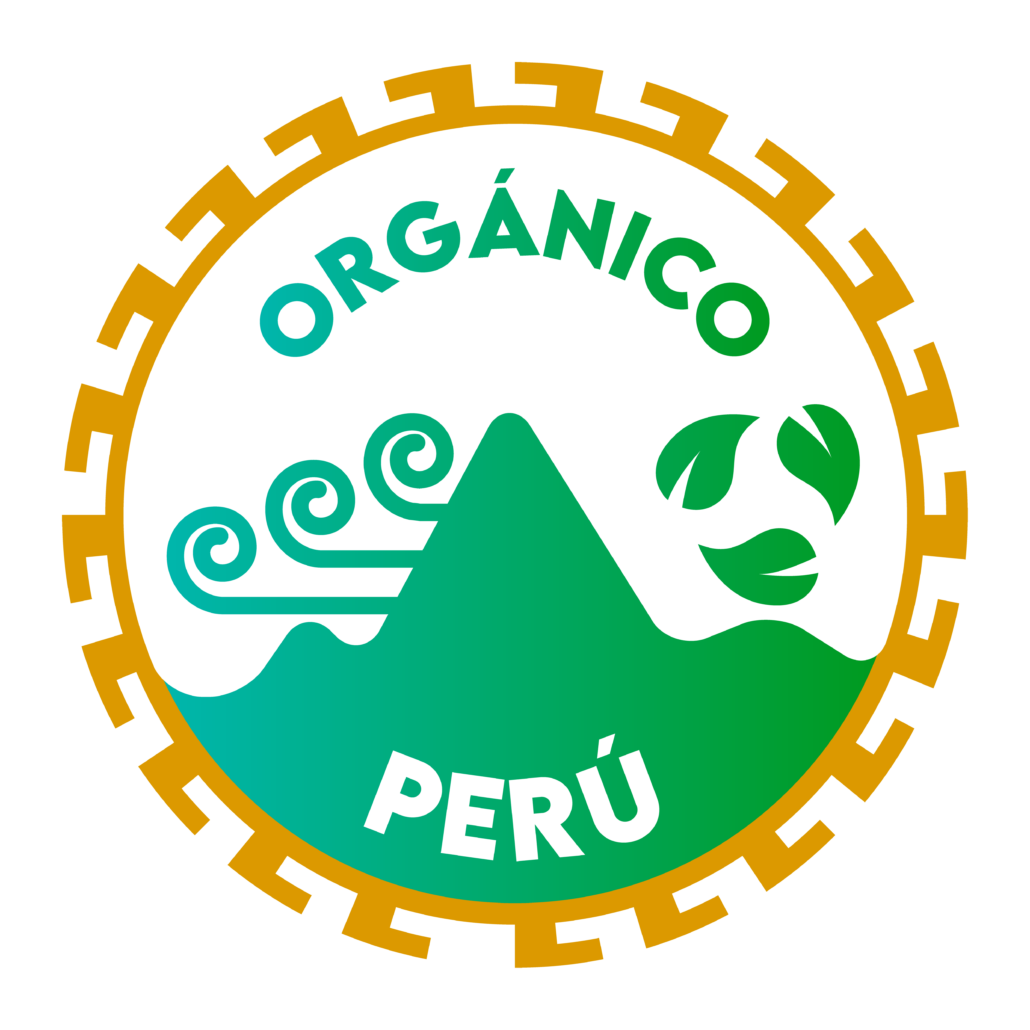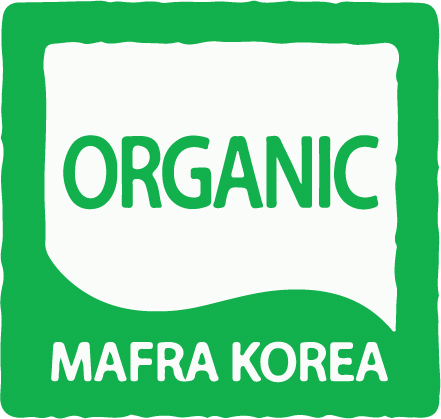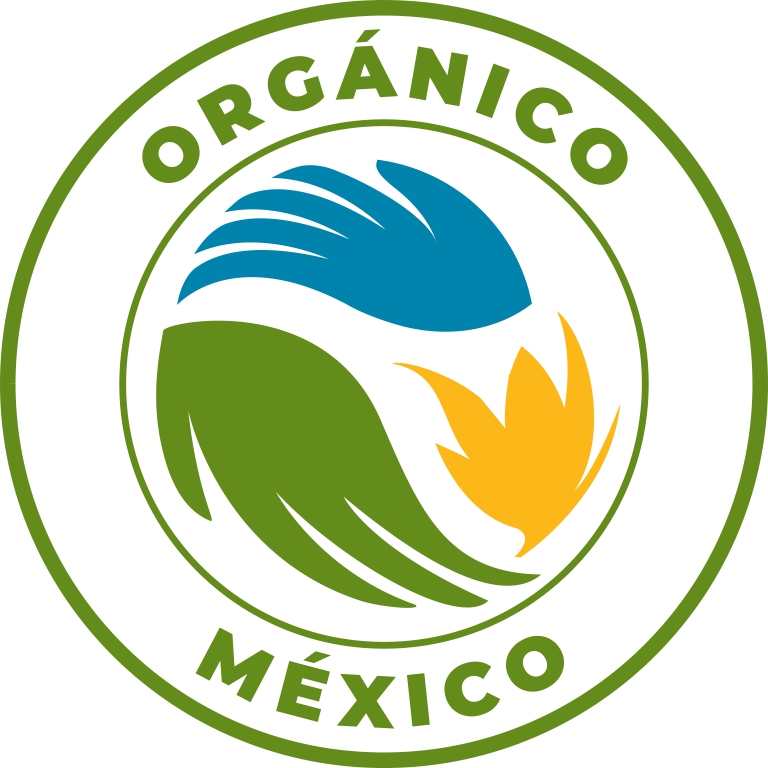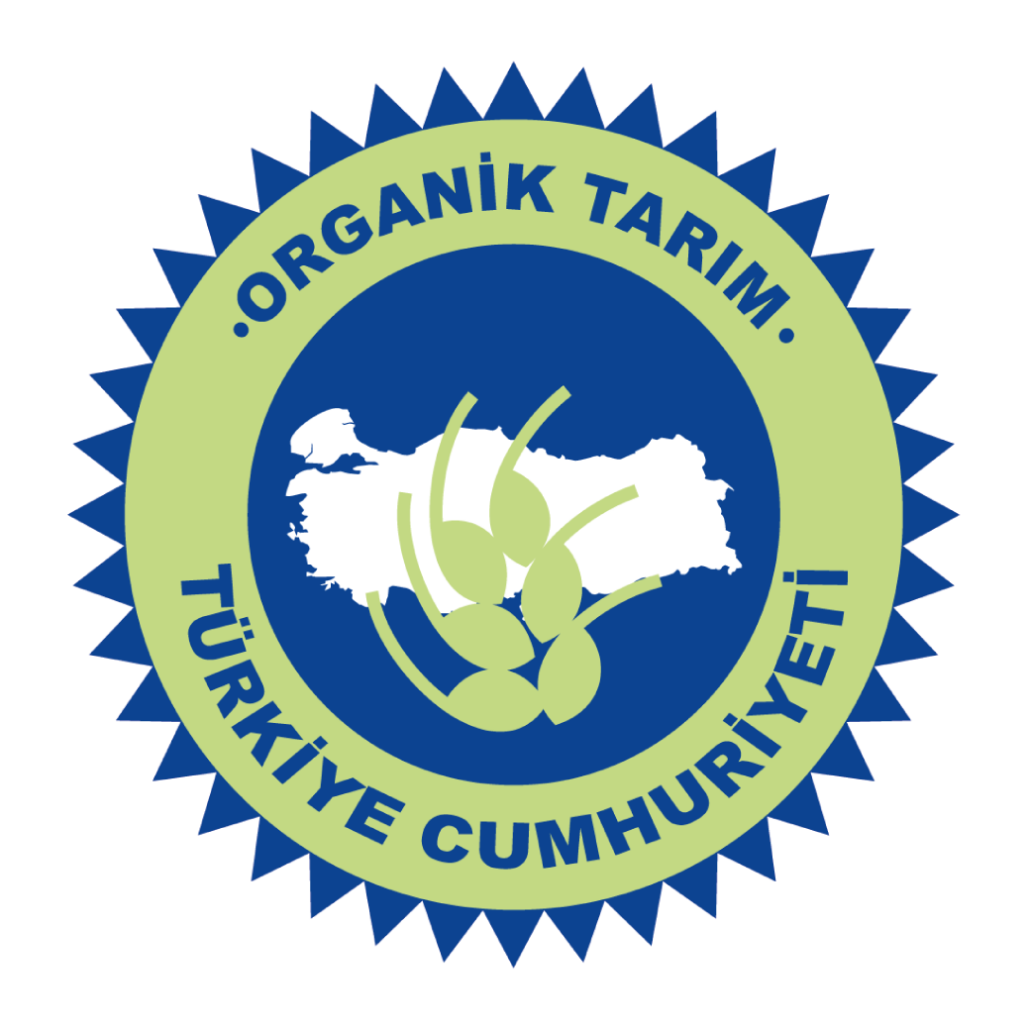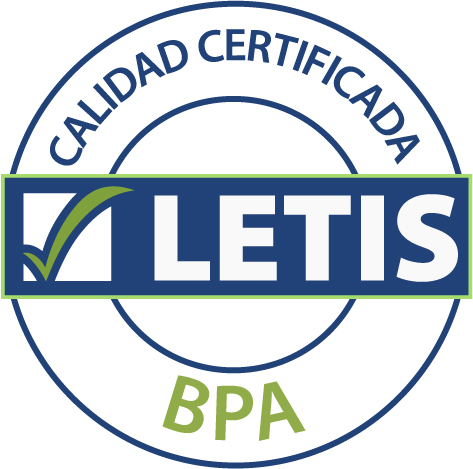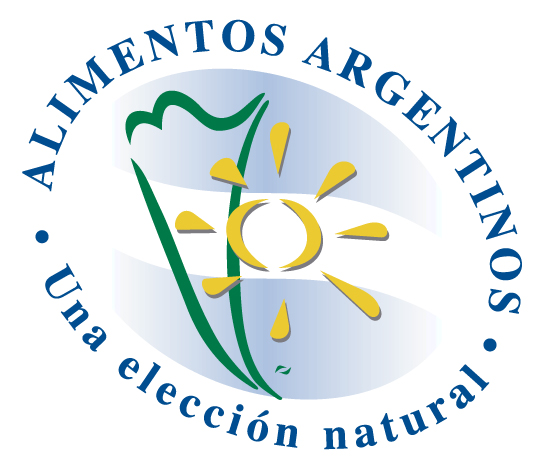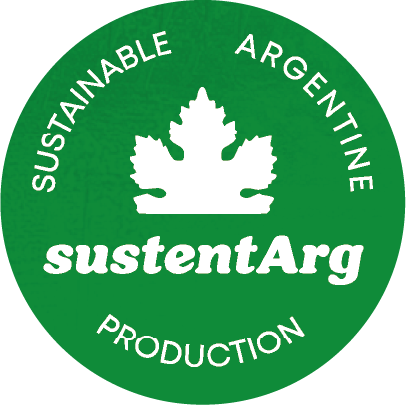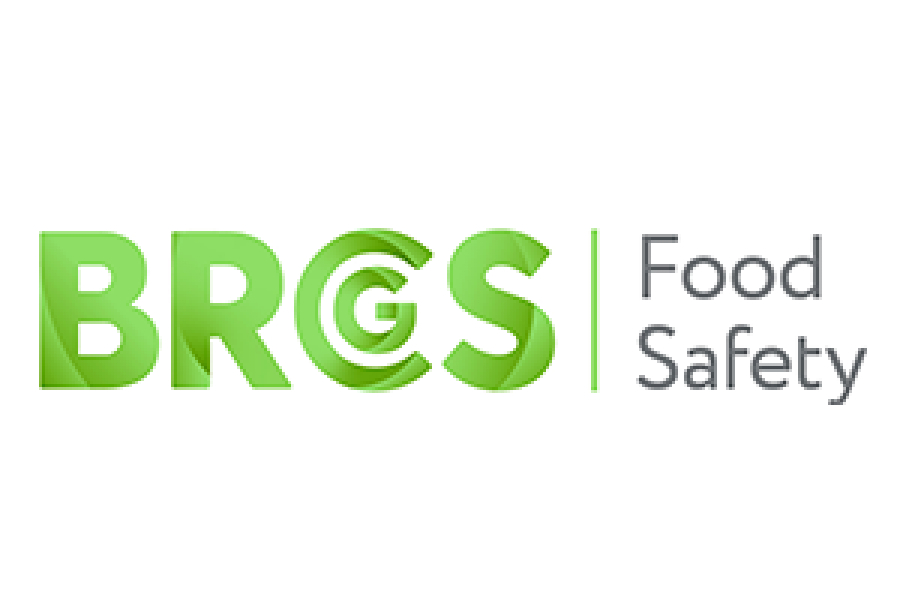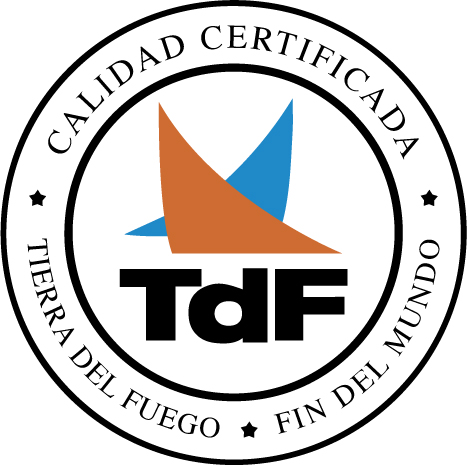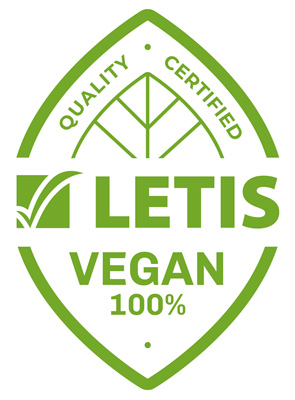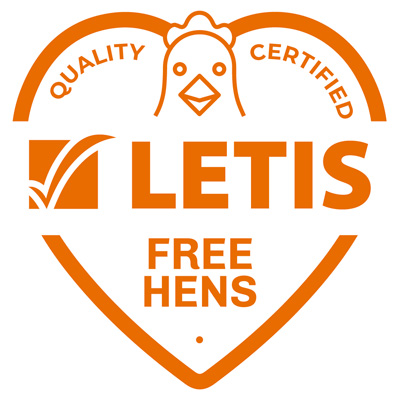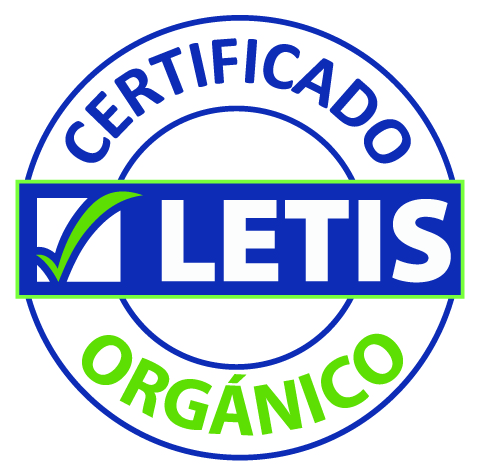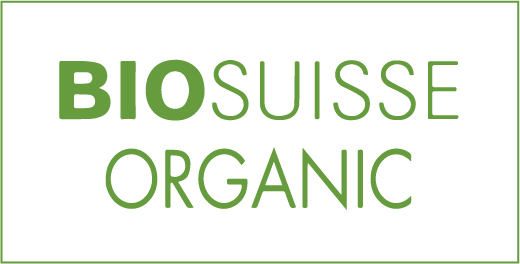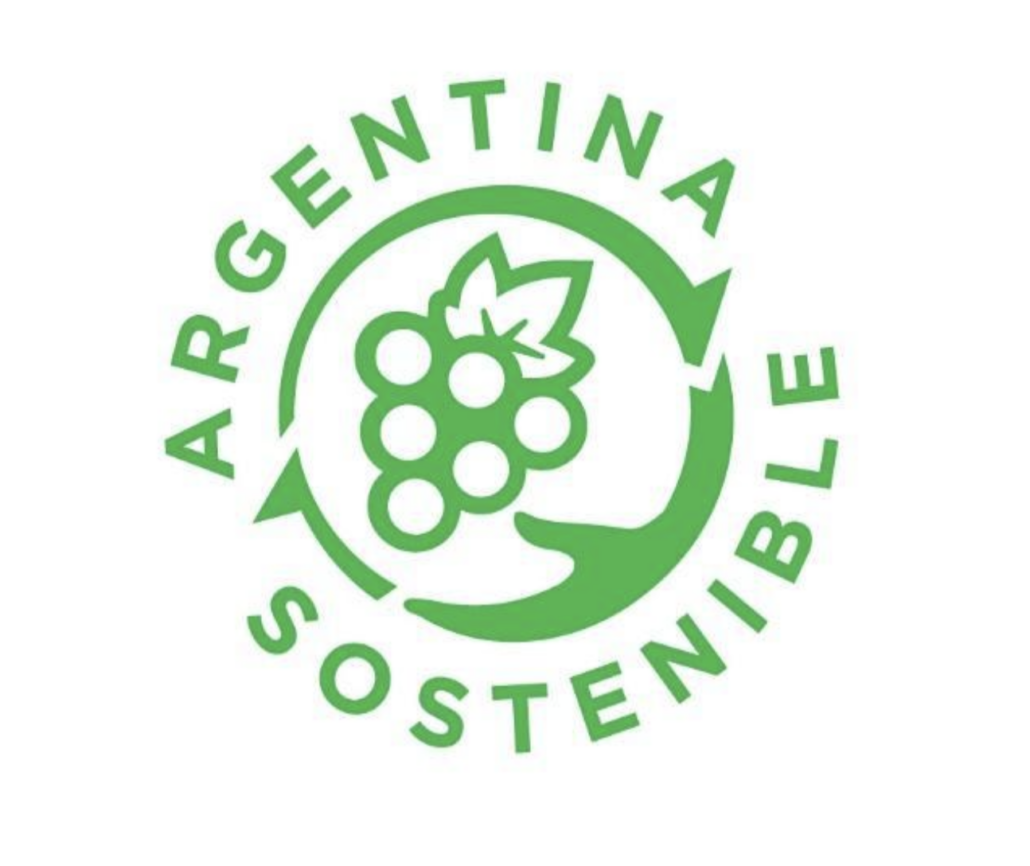Assuring quality and sustainability,
of global agriculture supply chains.
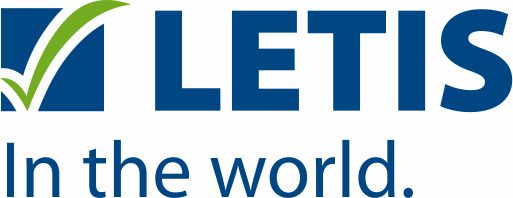
Meet our offices:
LETIS Audit & Certification S.A
Juan Carlos Gomez 1348, Montevideo, Uruguay
+543415282560
LETIS Perú S.A.C
Av. Amador Merino Reyna 223 Of. 803, San Isidro, Lima, Perú.
+51 907 129 254
LETIS BIOTEAM Kontrol ve Belgelendirme Ltd. Şti
Kazım Dirik Mah. Fatih Sultan Mehmet Cad. Seyhan Sitesi No 29 D-Blok Kat:1 Daire:1, Bornova, Izmir, Turkey
+90 232 373 33 22
OUR MAIN SERVICES
Discover what LETIS
can do for your business
no ogm miel certificacion miel no ogm certificado Certificación Orgánica Certificacion Organica Global G.A.P. Global Gap global gap certification argentina Certificación HACCP en Argentina Certificación BPM en Argentina Certificación de Protocolo de evaluación y sustentabilidad vitivinícola en argentina Certificacion GAESVA gaesva Certificación de Sello Alimento Argentino Certificadora de Sello Alimento Argentino Sello Alimento Argentino Coviar WofA orgánico Certificados orgánico normas norma global gap certificado para exportar certificación exportar producto organico manzanas, vino, uva, pera, cereales, cereal, oleaginosos, producción, producir orgánico, producción orgánica, frutas orgánicas, calidad, buena certificadora, diferenciación
NEWS
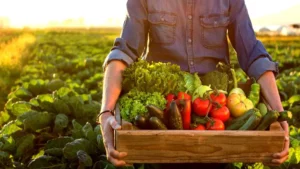
40 Years of Organic Agriculture: Its Impact on Soil and Production
The Research Institute of Organic Agriculture (FiBL) and Agroscope have released the results of a 40-year study on organic farming, highlighting its role in improving
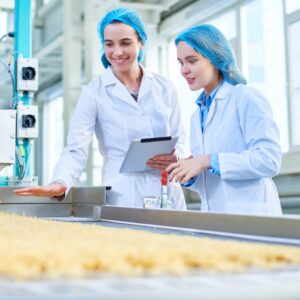
LETIS launches BRCGS Food Safety Certification
LETIS is proud to announce the launch of its new certification service under the BRCGS Food Safety standard, making it the first Argentine company to
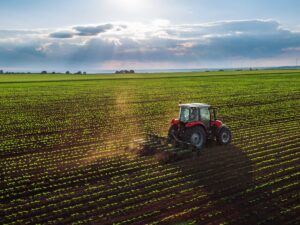
The Rise of Organic Agriculture: Data and Emerging Trends in the FiBL 2024 Report
The most recent report, ‘The World of Organic Agriculture – Statistics and Emerging Trends 2024’, published by the Research Institute of Organic Agriculture (FiBL) and
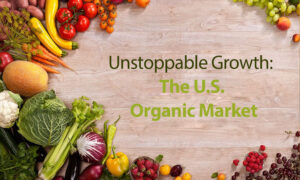
Unstoppable Growth: The U.S. Organic Market
Discover key trends and opportunities driving the organic market in the United States and how your company can benefit from this ongoing growth. During
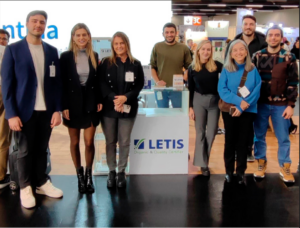
LETIS & LETIS Bioteam at BIOFACH 2024
We are pleased to share our outstanding participation in BIOFACH 2024, the world’s leading trade fair for organic food held from February 13 to 16
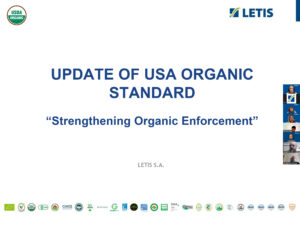
NOP SOE Updates: Summary of LETIS Workshops and FAQs for Implementation
During the last period of 2023 and the first month of 2024, LETIS conducted a series of high-impact online workshops across various countries, including India,

